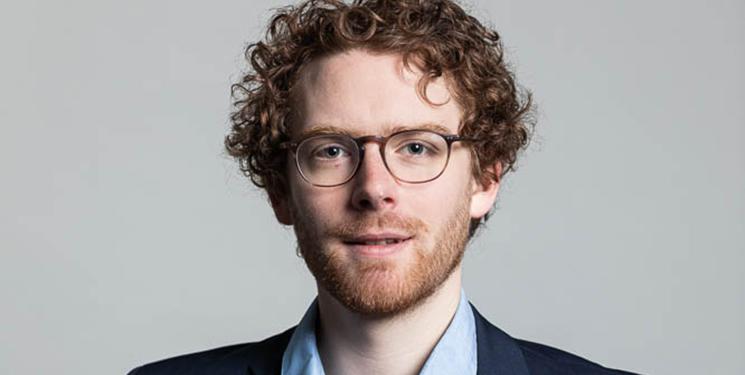The European Commission has just launched its proposal for a Council Recommendation on adequate minimum income in the EU. Addressing life obstacles minimum income beneficiaries may face is according to, the European Social Network (ESN), key for their social inclusion. To enhance knowledge on Integrated Social Inclusion Programmes, combining minimum income and integrated social services support ESN organised a seminar on 26-27 September in Bordeaux, France, with the support of ESN members, the Department of Gironde, the National Association of Directors of Social and Health Care in County Councils; and the French Ministry for Solidarity.
Addressing multiple needs with an integrated support
Confronted with multiple social problems, minimum income beneficiaries often require more than monetary support. In Vienna, for example, young people receiving minimum income can get employment, training and social support at an integrated one stop shop, organised by the Vienna youth services and the local job centre. In Essen, Germany mental health issues of minimum income beneficiaries are addressed by close collaboration with local support services. Thanks to the programme, many long-term unemployed people could be supported with mental health issues that had passed unnoticed for most of their lives, and which had often prevented them from following regular employment and training. In Odense, Denmark local authorities have been working on a housing first policy, which has succeeded in significantly reducing the number of homeless people compared with the national Danish average.
Addressing non-take up
In France, more than 30% of potentially eligible minimum income beneficiaries do not request the support they could get and similar non-take up rates are reported in other EU countries, explained Mikael Portella, from the Ministry of Solidarity and Health. Easier application procedures, active outreach and automated access to social rights were mentioned by Anna Ludwinek, Eurofound, and Laurence Noël, Brussels-Capital Health and Social Observatory & Free University of Brussels (ULB) in Belgium. Harro Hoogerwerf, Head of the Poverty Reduction Department of the City of Amsterdam, presented their approach to reach out to people with additional needs. They cross-reference data from housing companies on unpaid rent to propose debt mediation and a network of frontline professionals, such as general practitioners, nurses or teachers, which signpost potential minimum income beneficiaries to public social services.
Improving integrated working
Nicole Fondeville of the research institute Applica highlighted that only 14 European countries have integrated social inclusion policies for minimum income beneficiaries. Participants found that often, lack of political will is the reason why more integrated working with minimum income beneficiaries does not take place. So, it will be key that the upcoming European Council Recommendation includes a clear commitment to fostering integrated support programmes, which encourage data-sharing between different social support organisations and the development of formal cooperation agreements, training for professionals on integrated working methods, and the involvement of social services and beneficiaries in the design and evaluation of such programmes. “We need to foster cooperation and integrated working if we want to systematically support persons in social exclusion. Our upcoming report will provide key information on how such programmes can be designed,” concluded ESN’s Chief Executive Officer Alfonso Lara Montero at the end of the conference.


